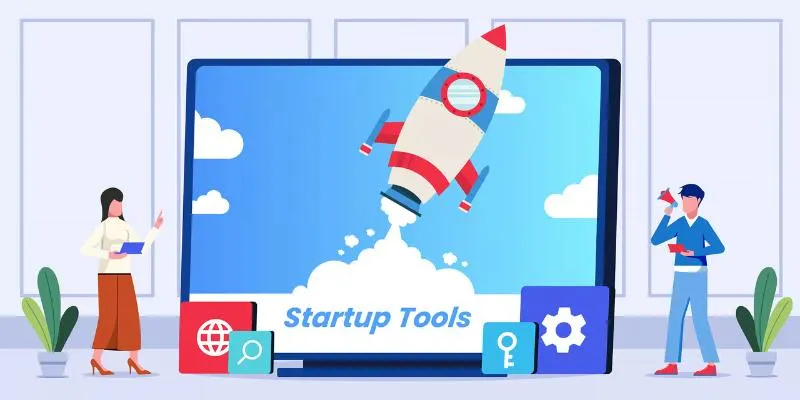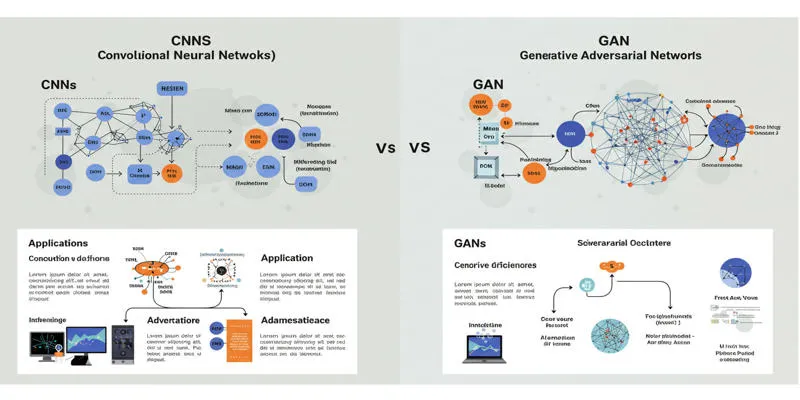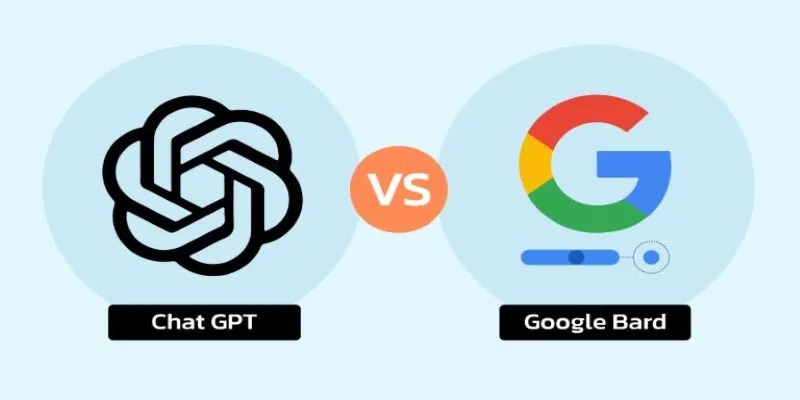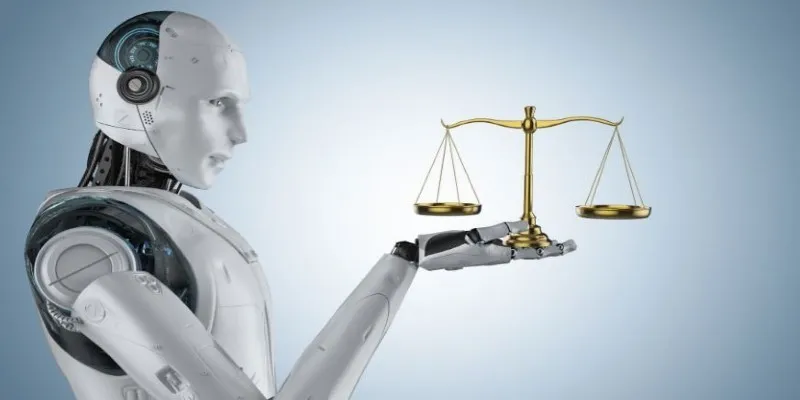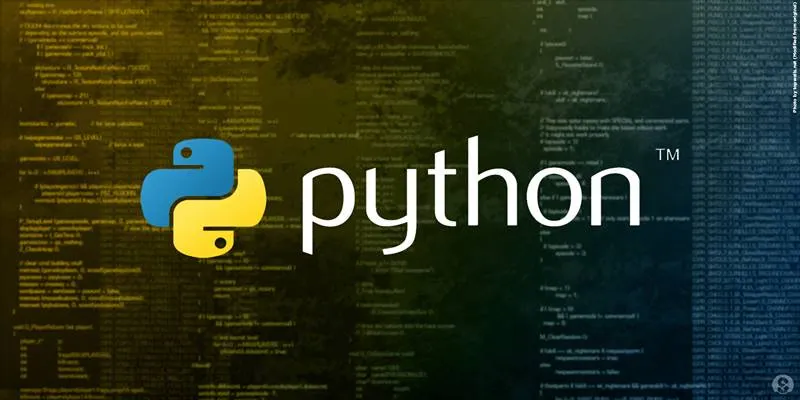Manufacturers are increasingly seeking ways to boost efficiency and cut down on unplanned downtime. In response, Google Cloud and technology consultancy GFT have introduced a suite of AI tools designed to help the manufacturing sector leverage their data more effectively. These tools aim to modernize factory floors by integrating artificial intelligence into daily operations, all without the need for extensive overhauls.
Harnessing AI for Factory Floors
The AI tools developed by Google Cloud and GFT specifically address manufacturers’ challenges of fragmented data and outdated machinery. Despite generating vast streams of information daily, much of this valuable data remains trapped within legacy systems. The new AI-driven tools solve this by linking operational technology with cloud-based analytics and pre-trained machine learning models.

These tools complement existing systems, extracting valuable data to a centralized platform for real-time analysis. For instance, machine learning can detect subtle changes in motor vibrations, predicting potential failures and allowing maintenance teams to intervene proactively.
Facilitating a Seamless Transition
Many manufacturers are wary of adopting advanced digital tools due to perceived complexity and risk. Their equipment often isn’t cloud-ready, making overhauls seem daunting. This is where the partnership between Google Cloud and GFT proves beneficial. GFT’s experience in modernizing infrastructure ensures seamless integration with existing technologies, minimizing operational disruptions.
Google Cloud provides the scalable infrastructure and machine learning technology required to process large data volumes. Their pre-built AI models reduce the need for deep technical expertise, making the transition smoother for manufacturers.
Use Cases and Potential Benefits
One promising application of these AI tools is predictive maintenance. Equipment failures can halt production and incur significant costs. By analyzing sensor data, AI models can predict issues before they occur, extending machine life and reducing maintenance expenses.

Quality control benefits as well, with AI quickly spotting defects in production lines, thus reducing waste and safeguarding reputation. Additionally, AI helps manage energy consumption by identifying unnecessary spikes, allowing managers to optimize operations and reduce costs sustainably.
The Future of AI in Manufacturing
The launch of these tools marks a significant step towards making AI accessible to traditional industries. Google Cloud and GFT focus on solving specific, tangible problems like downtime and inefficiency, demonstrating AI’s practical benefits.
As manufacturers become more comfortable with AI technologies, they are likely to expand their use of analytics and automation, paving the way for a smarter, more adaptable factory. The tools introduced today offer a starting point, instilling confidence in companies to build a resilient and responsive manufacturing environment.
Conclusion
The collaboration between Google Cloud and GFT has resulted in a set of AI tools that improve manufacturing processes without necessitating drastic changes. By leveraging existing data and focusing on real-world challenges like predictive maintenance and energy management, these tools show how AI can enhance daily operations and drive modernization step by step.
For more insights on integrating AI into your manufacturing processes, explore additional resources from Google Cloud and GFT.
 zfn9
zfn9
